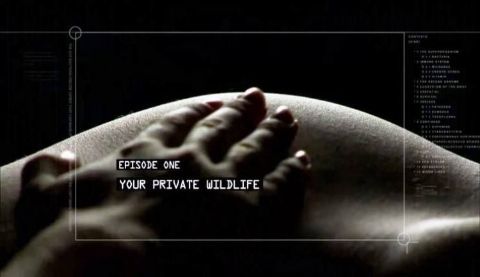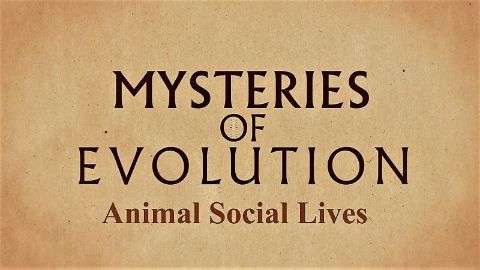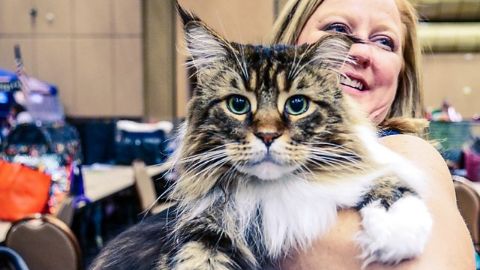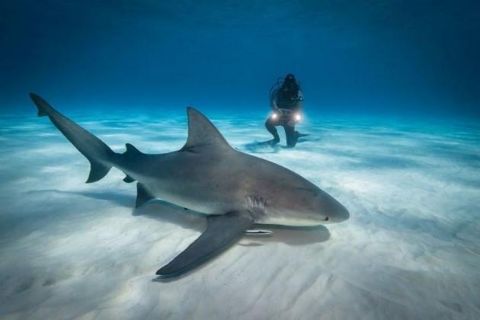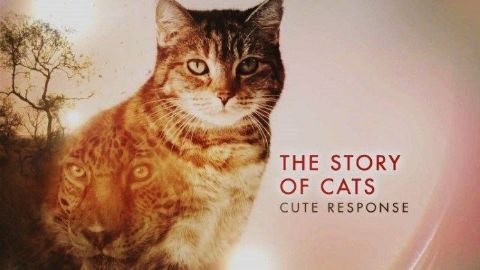Your Private Wildlife • 2014 • episode "S1E1" • Life on Us
Focuses on our skin, our armpits, belly buttons.We are not alone. We are home to a trillion cells that are not our own, but are very much the making of us. Both on us and inside us live bacteria, viruses, protozoans, fungi, worms, lice and mites that we carry throughout our lives. To say that we are in a minority in our own body is an understatement. Our ‘private wildlife’ keeps us healthy, sometimes makes us ill and even changes our behavior.
Make a donation
Buy a brother a hot coffee? Or a cold beer?
Hope you're finding these documentaries fascinating and eye-opening. It's just me, working hard behind the scenes to bring you this enriching content.
Running and maintaining a website like this takes time and resources. That's why I'm reaching out to you. If you appreciate what I do and would like to support my efforts, would you consider "buying me a coffee"?
Donation addresses
BTC: bc1q8ldskxh4x9qnddhcrgcun8rtvddeldm2a07r2v
ETH: 0x5CCAAA1afc5c5D814129d99277dDb5A979672116
With your donation through , you can show your appreciation and help me keep this project going. Every contribution, no matter how small, makes a significant impact. It goes directly towards covering server costs.
